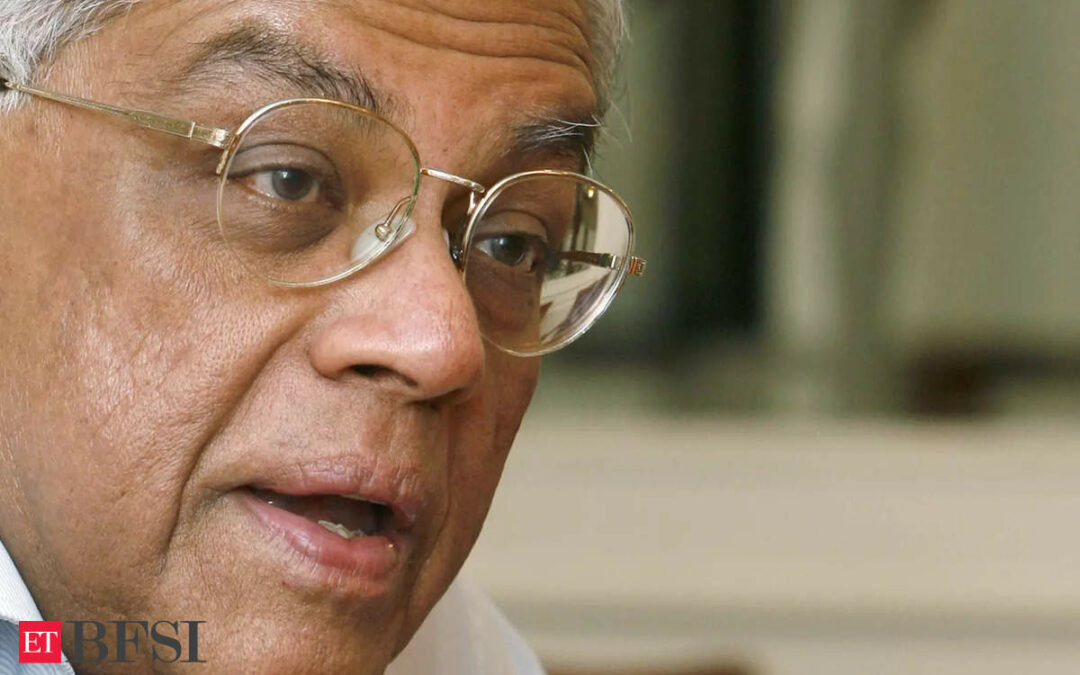Deepak Parekh, former chairman of HDFC Limited, today said that the most difficult decision he had to make in his career was stepping down as Executive Chairman of HDFC at the age of 65.
At that time, the board expressed a desire for him to continue, but Parekh made the tough choice to retire, believing it was essential to create opportunities for the next lot.
“I decided after a lot of thinking and much against my family’s wishes that it is not fair for me to continue, and I retired in my 65th year as the executive chairman of HDFC,” said Parekh speaking to an audience during the global Fintech fest on Thursday. “I thought if I continued, it would come in the way of the next lot of people.”
He added that this retirement meant that for the past 13 years, Parekh hasn’t received any salary, and as a non-executive chairman, he wasn’t entitled to stock options. He said that some of his colleagues, who had been working alongside him for 20 to 30 years, received more stock options than he did.
Parekh said that this decision was not driven by any external factors or pressures. There were no directives from the Reserve Bank of India (RBI), no regulatory obligations, and no board pressure to step down. In fact, there were suggestions for him to continue his tenure.
Talking about the critical issues plaguing the debt recovery and legal systems in the country, Parekh pointed out that despite the existence of regulatory mechanisms like the National Company Law Tribunal (NCLT) and the Securitisation and Reconstruction of Financial Assets and Enforcement of Securities Interest (SARFAESI) Act, the process of recovering debt remains arduous and challenge extends beyond housing loans to corporate sector. He talked about the need to revamp the legal system to align it with the evolving demands. Parekh gave an example showing the anomaly in the Indian legal system where despite the legal provisions, when a post dated cheque bounces, it being a criminal offense, such cases are rarely pursued.
Parekh talked about aligning regulations with changing times and referred to insurance regulations. He said that investment patterns prescribed in the Insurance Regulation Act, mandates first 25% to be allocated to central government securities and another 25% to state or central government. “That really hasn’t changed for years and as India grows, we need more equity investment,” said Parekh. “Insurance companies must be allowed to take more equity, but there’s a limit of how much they can take in equity.”










